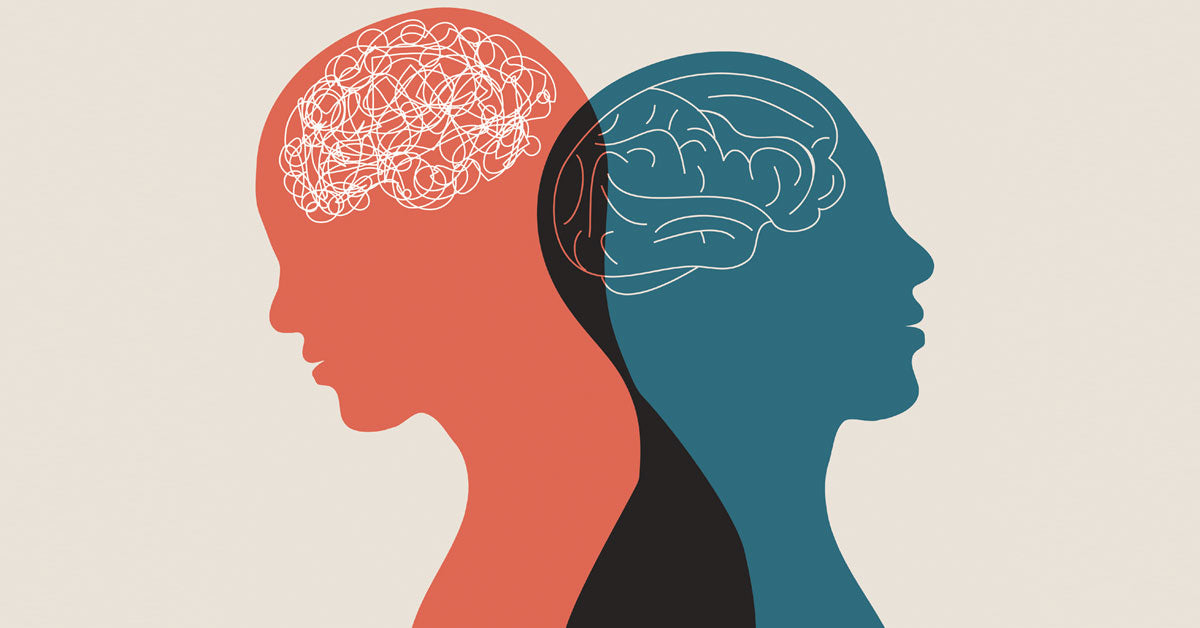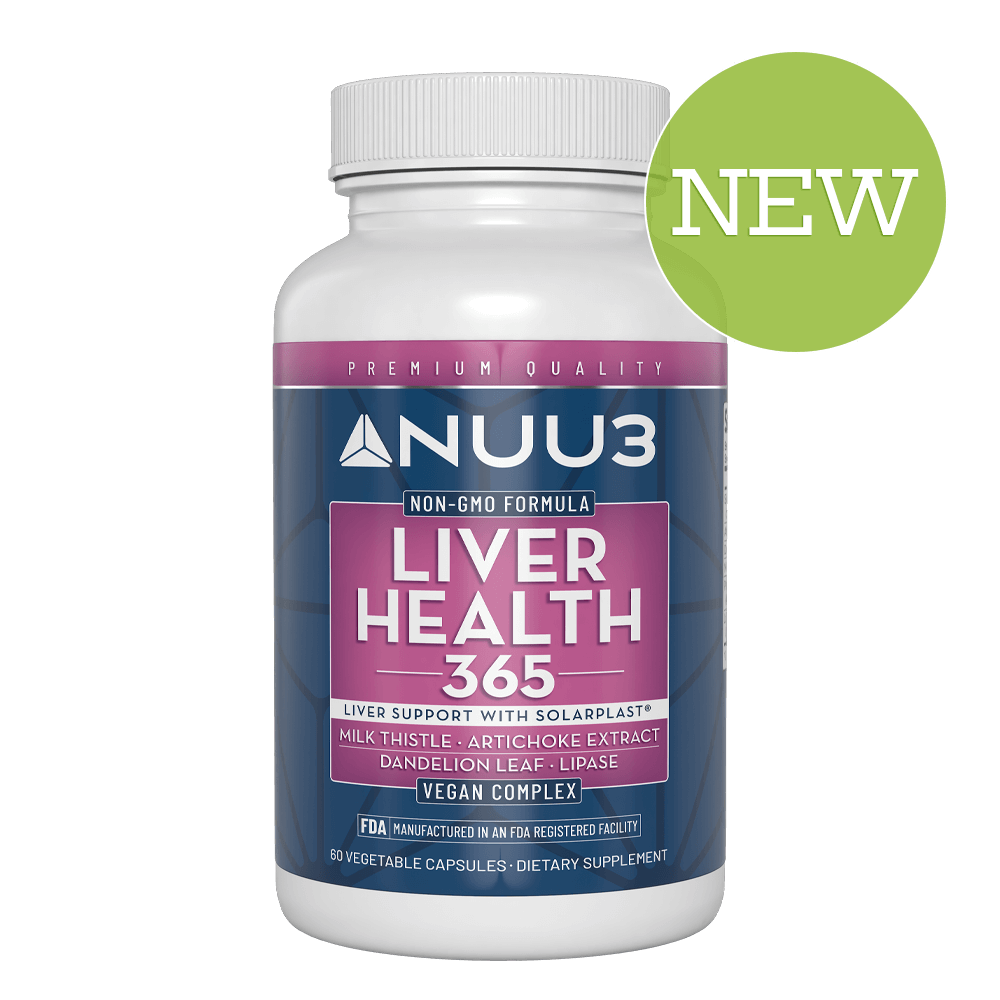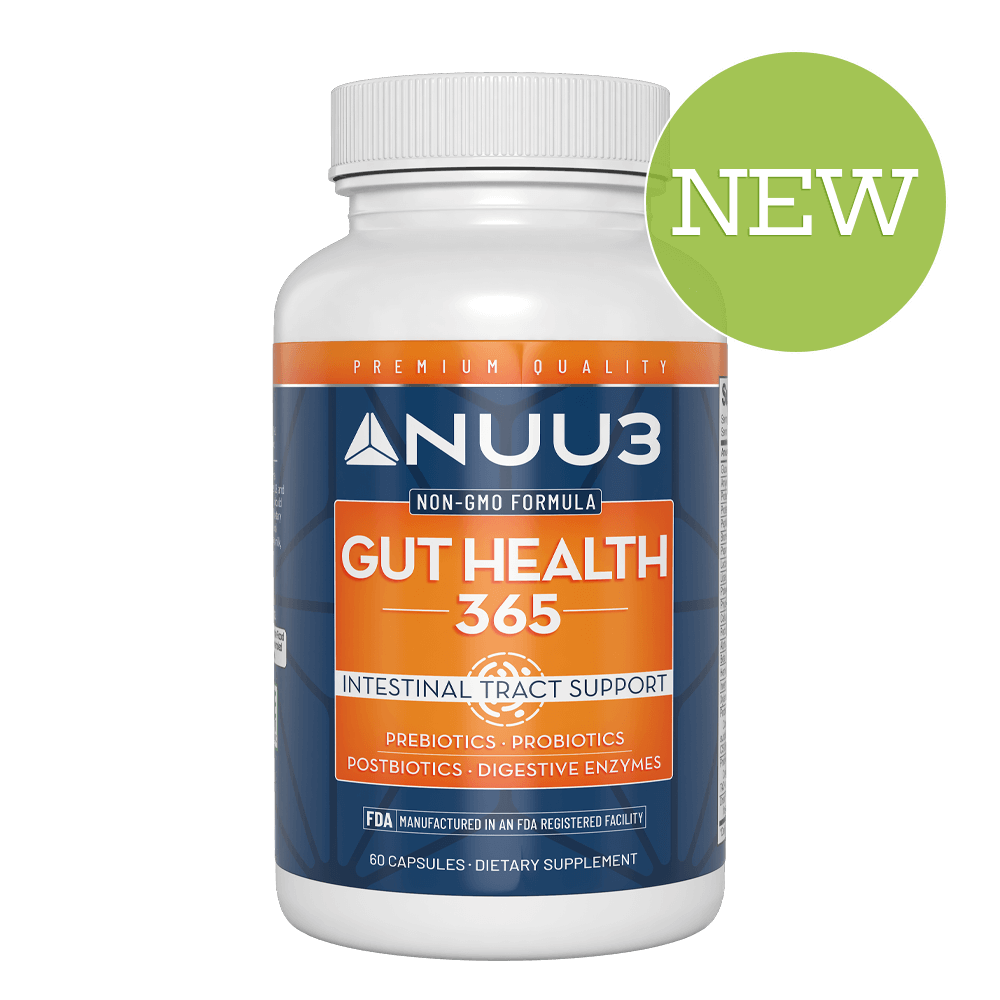Eustress vs. Distress: Differences and Management

Stress is a natural reaction to various situations or events, affecting everyone at some point in their lives. Did you know that there are different types of stress? You must have heard about distress, but have you heard about eustress? Learn more about eustress vs. distress from this article.
The Two Faces of Stress: Distress and Eustress
Our body reacts to stimuli from the environment or different events in our lives. Some stimuli are positive; others are negative. That’s why stress has two faces: eustress and distress.
What is Eustress?
Eustress is a form of stress response that results from exciting events or positive challenges in life. As a positive stress, eustress can be motivational and helps a person develop resilience. Science defines eustress as a constructive type of stress[1] that reflects positive emotional arousal related to engagement and activation.
What is Distress?
Distress is defined[2] as the state of emotional suffering indicated by symptoms of depression and anxiety. It’s a type of toxic stress that involves unpleasant feelings or emotions that people experience when they are overwhelmed or faced with situations perceived as threatening or negative.
Eustress vs. Distress: Does it depend on Perspective?
The distinction between eustress and distress often depends on a person’s perspective and interpretation of the situation. What’s exciting and positive for one person may be distressing for another. For instance, someone may consider a challenging situation as an opportunity to grow and evolve. Another person may consider that same situation as threatening or overwhelming.
How Distress and Eustress Affect Us Differently
While both distress and eustress are stress responses, they differ in terms of impact on the body. Eustress is a positive stress that motivates and energizes a person while distress is a negative stress that overwhelms a person and causes various problems. The greatest difference in eustress vs. distress is in terms of potential benefits and harms.
How does eustress benefit individuals?
Eustress is short-term with a precise solution or a way out of a specific situation. This stress is manageable and involves happiness or a sense of fulfillment. It may occur in times of self-efficacy and may improve physical well-being.
Eustress may boost your energy levels and empower you to achieve your goals in different aspects of life. This positive stress makes you feel happier and healthier and gives you meaning or purpose in life.
How does Distress Impact the Body and Mind?
The major difference between eustress vs. distress is that the latter can negatively affect body and mind. Physical effects[3] of distress may involve increased blood pressure, digestive issues, weakened immune system, muscle tension, and headaches. Mental effects of distress range from irritability to difficulty concentrating, sleep disturbances, and a higher risk of other mental health problems including depression and anxiety.
Persistent distress worsens its effects on the body and mind. That’s why you may experience[4] fatigue and lethargy, anger or irritability, and feelings of guilt and helplessness.
Ways to Prevent Distress & Promote Eustress
The eustress vs. distress similarity is that both of them are stress responses, but they differ in their effects on us and our physical and mental health and well-being. For better health and quality of life, learning how to prevent or manage distress and promote eustress.
Techniques for reducing distress
Toxic stress depletes your energy, contributes to weight gain, and paves the way to a wide range of problems. Reducing the impact of distress is easier than you think.
Learn how to say “no” when necessary
A major source of toxic stress is the inability to say “no” because you don’t want someone to get mad. As a result, you become overwhelmed, frustrated, and stressed out. Learning to say “no” is about setting boundaries to avoid over-committing yourself. That way, you can prevent overwhelming situations that cause distress.
Practicing mindfulness techniques such as deep breathing
Mindfulness is the ability to be fully present and aware of thoughts, feelings, and bodily sensations. Evidence confirms[5] that mindfulness exhibits various positive psychological effects including improved subjective well-being, reduced psychological symptoms and emotional reactivity, and improved regulation of behavior. Mindfulness techniques such as meditation and deep breathing calm your mind, reduce stress, and improve mental fitness.
Maintaining a healthy diet
A healthy diet is crucial for both physical and mental well-being. Unhealthy diet and stress have a bidirectional relationship. Stress leads to overeating and weight gain. On the other hand, an unhealthy diet may cause bad mood and worsen digestive health, which can contribute to stress as well. A diet rich in unhealthy fats may affect serotonin synthesis[6], negatively affecting your mood.
Make sure your diet is abundant in fruits, vegetables, whole grains, protein, healthy fats, nuts, and seeds. Reduce consumption of heavily processed foods containing trans fats, too much sodium, and sugar.
In addition to modifying your diet, you may also want to give products like NUU3 Keep Calm Gummies a try. These gummies contain nutrients and compounds necessary for optimal mental health. Regular intake can relieve stress and anxiety while promoting relaxation.
Avoiding alcohol
While people turn to alcohol to cope with stress, drinking can worsen the symptoms. Studies show[7] that alcohol’s rewarding properties may mask its stress-provoking effects. To prevent distress and its effects, make sure to avoid alcohol or limit how much you drink.
Talking about your feelings
Keeping emotions bottled up can jeopardize mental fitness by worsening distress and causing anxiety, exhaustion, and other symptoms. If you don’t have a habit of talking about your feelings, it’s time to try it. Expressing emotions alleviates signs of stress and may prevent distress in the future. You can talk about your feelings to a friend, family, significant other, colleague, therapist, or in a support group.
Strategies for maximizing the benefits of eustress
Eustress vs. distress balance protects both physical and psychological well-being. Here are some suggestions to experience positive stress.
Set realistic goals
Positive stress motivates you to achieve your goals. You should make sure your goals are realistic and SMART (i.e. specific, measurable, achievable, relevant, and timely.) A practical way to establish realistic goals is to break larger goals into smaller milestones or manageable tasks.
Take regular breaks from work
Eustress may increase productivity, but it’s important to take breaks. Regular breaks prevent you from feeling overwhelmed and stressed out, thus, avoiding burnout. In addition to taking regular breaks, you should try NUU3 Nature’s Superfuel to enhance mental performance and boost energy levels. Regular intake of this supplement strengthens your mental well-being and makes you more resilient.
Engaging in relaxation exercises such as yoga or meditation
Despite many eustress vs. distress differences, relaxation exercises can help with both. Relaxation exercises such as yoga, meditation, Tai Chi, cardio, and strength training promote relaxation, balance hormones, and enhance overall well-being. Staying active can help you manage eustress.
Combine relaxation exercises with NUU3 Active Immunity Gummies to strengthen immune defenses, which distress may have impaired. Regular use of these gummies boosts the immune system, supports cellular health, and promotes healing.
Getting enough sleep each night
Sleep deprivation amplifies stress[8] and impairs mental fitness. Energy levels get depleted and you’re more likely to feel overwhelmed when you don’t get enough sleep. Therefore, to increase the benefits of eustress, it’s necessary to sleep seven to nine hours per night. Focus on sleep hygiene by going to bed and waking up at the same time every day. Quality sleep enhances cognitive function, mood regulation, and resilience to stress.
Make time for hobbies or socializing
Eustress is associated with a feeling of happiness and a sense of fulfillment. Take these feelings to a new level by socializing or spending quality time with family and friends. Consider taking up a hobby that gives you a sense of relaxation and accomplishment. Both hobbies and socializing are wonderful outlets for social support, relaxation, and creativity.
FAQs
What does toxic stress feel like?
Toxic stress feels overwhelming, like a constant weight on your chest. This type of stress often manifests itself as irritability, and anxiety, and may have physical symptoms such as headache or stomachache. Your mind may feel stuck in a vicious cycle of worry that makes it difficult to relax or focus on anything else, which worsens stress.
What is the most damaging type of stress?
The most damaging type of stress is chronic stress. Persistent, long-term stress negatively affects both physical health and mental fitness. Some consequences of chronic stress are headaches, insomnia, weight gain, pain, anxiety, depression, and high blood pressure. Prolonged cortisol release can also harm the immune system and weaken its defenses.
Can stress affect heart health?
Untreated stress can affect heart health by increasing blood pressure and inflammation which puts a lot of strain on the heart. Stress is associated with risk factors for poor cardiovascular health, such as smoking, lack of physical activity, and overeating. Evidence confirms[9] that psychological stress is a risk factor for cardiovascular disease.
What turns good stress into toxic?
Positive stress turns into toxic or bad stress when it becomes persistent and overwhelming. When you experience too much good stress, there’s always the risk of it becoming toxic. It still involves triggering stress response, adding to chronic stress. As a result, stress levels keep going up and cause problems in both physical and mental well-being.
Takeaway
The primary focus of this post was to explain eustress vs. distress relationship. Everyone experiences these stress responses, but the focus should be on minimizing distress and getting the most from eustress. Follow tips and strategies from this post to improve your mental health and quality of life.
References
1] ↑ https://www.ncbi.nlm.nih.gov/pmc/articles/PMC8872528/
2] ↑ https://www.ncbi.nlm.nih.gov/pmc/articles/PMC8968359/
3] ↑ https://www.ncbi.nlm.nih.gov/pmc/articles/PMC4791152/
4] ↑ https://www.betterhelp.com/advice/stress/eustress-vs-distress-vs-stress-how-to-know-the-difference/
5] ↑ https://www.ncbi.nlm.nih.gov/pmc/articles/PMC3679190/
6] ↑ https://www.ncbi.nlm.nih.gov/pmc/articles/PMC7468813/
7] ↑ https://www.ncbi.nlm.nih.gov/pmc/articles/PMC3860385/
8] ↑ https://www.ncbi.nlm.nih.gov/pmc/articles/PMC6448892/
9] ↑ https://www.ncbi.nlm.nih.gov/pmc/articles/PMC7603890/











